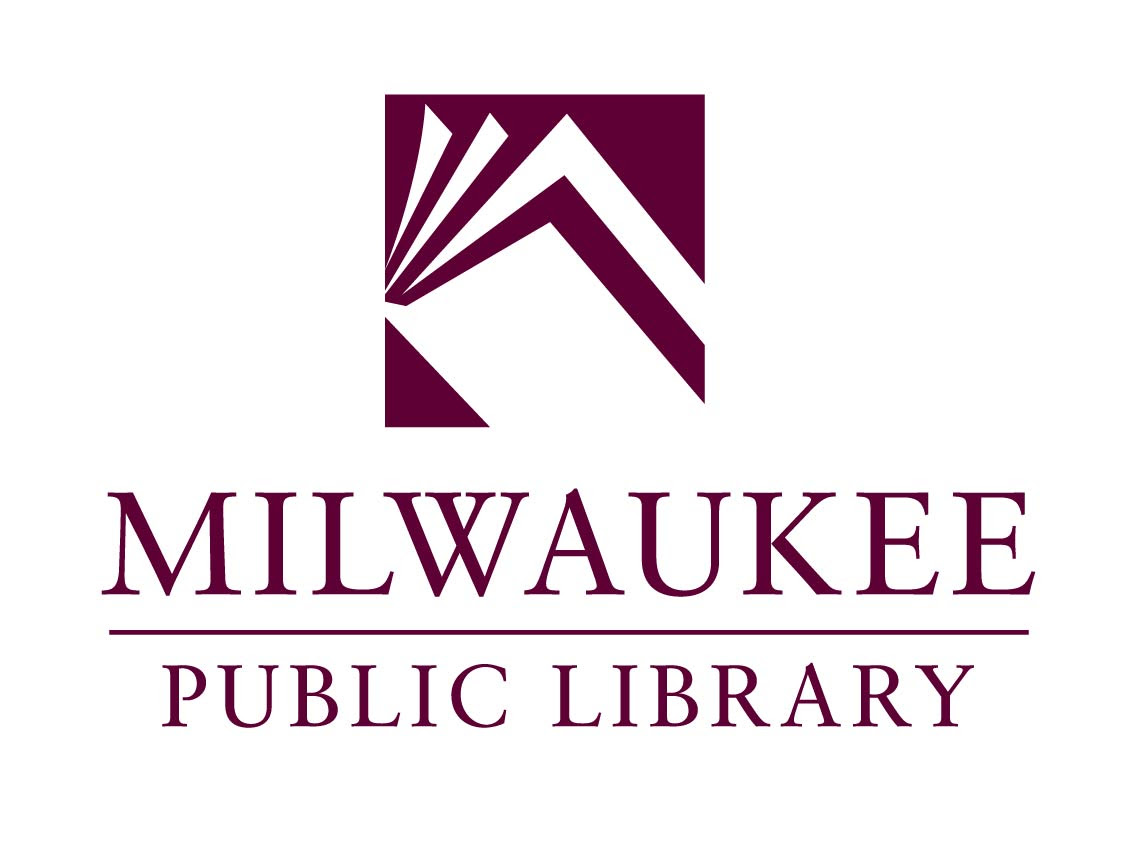EKPHRASIS YOURSELF
Prompt Against Anxiety #27 | from the poet and art historian Jennifer Nelson. She is the author of Civilization Makes Me Lonely (Ahsahta Press, 2017) and Aim at the Centaur Stealing Your Wife (Ugly Duckling Presse, 2015). Her new collection Harm Eden is forthcoming from UDP in 2021.
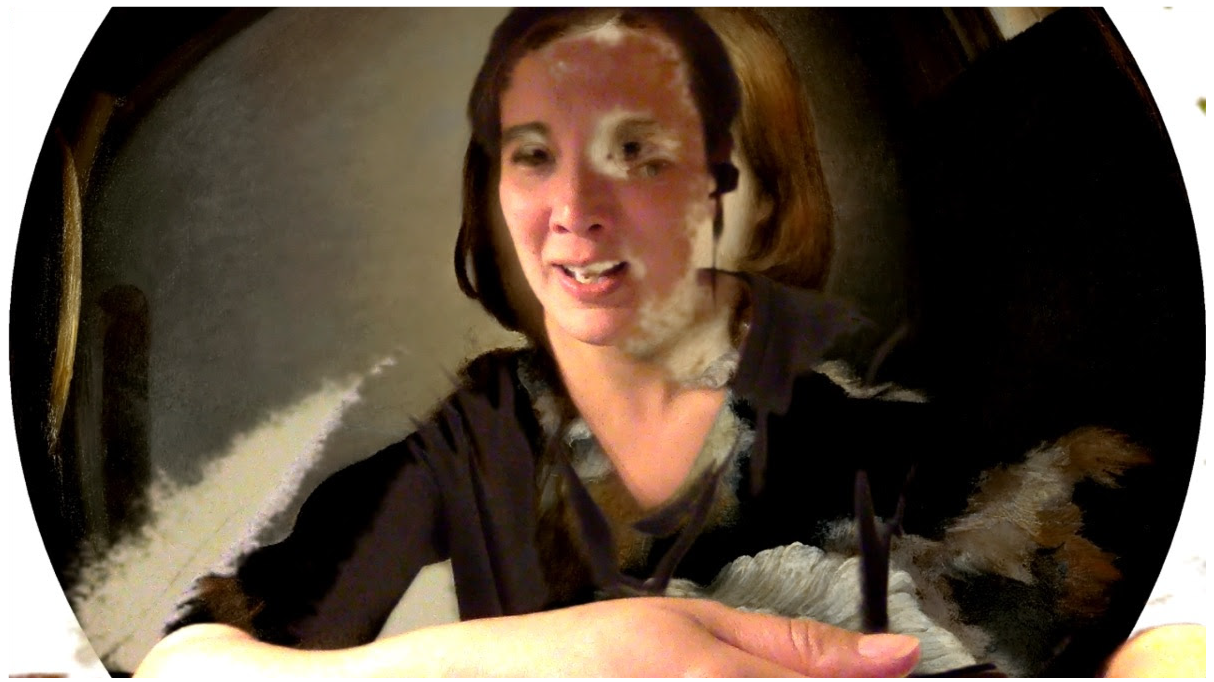
(ekphrasis = intense writing about visual art)[1]
this prompt is dedicated to the memory of Tom La Farge, who led many wonderful evenings of writing with constraints along with his wife Wendy Walker
STEP 1: Do You Have Pictures?
Do you have many image files of artworks made by other people already downloaded on your computer or phone or tablet? If you feel like you have “a lot” of artworks available already, you can consider this collection of downloads your own private museum. Go to Step 3.
STEP 2: Visit a Museum Online
If there is a large museum near you or in a place you miss with a wide range of artworks that is searchable online, go to their website and find the place on their website where you can search their collection. Here are some links to collections nearish to Woodland Pattern and one I especially miss:
Milwaukee Art Museum
Art Institute of Chicago
Detroit Institute of Arts
Minneapolis Institute of Art
Metropolitan Museum of Art, New York
Feel free to choose any museum anywhere in the world with a good collection search feature.
STEP 3: Search for a Picture
For those using your own private museum, scroll through the folders where your art images are, or search all files on your computer that are of the Image type (this is what I do). Pick one.
For those using a museum’s website, do any search you feel like doing. If you need a constraint: pick a year whose last two digits are the same as the year of your birth. So if you were born last year, try 1919, 1819, 1719, etc. Search the museum for an artwork made in one of those years. Keep trying till you find one, and pick the first one that appears that you want to look at more closely. Download it in the highest quality the museum makes available.
STEP 3b (optional): Make this image the background of your screen. Carry it or have it rest behind screen-work for a day or two or seven.
STEP 4: Describe the Picture and Describe Your Own World
Start describing the image VERY CONCRETELY. Start by stating what you see without any conscious editorializing or interpreting. Write out one factual observation about the image.
Next, without any transition, write out one observation about your world. It can also be visual—what can you see around you? Or it can be about other modalities: what are you hearing, what can you touch, what hurts, what feels good, how are you feeling? How are you feeling about this horrible plague? What is that smell?
STOP AT ONE SELF-WORLD-OBSERVATION. (For now.)
Now write out another observation about the image. Then another about the world around you and/or in you. And so on.
As you proceed, you might find that you start to editorialize, to second-guess your statements. You might start to connect the observations in unexpected ways. You might want to google something about the image or the context of the object, and incorporate your research. You might feel uncomfortable about your relationship to the image, and try to adjust accordingly. At a certain point, after 3 or 4 rounds, you can let this type of thing happen.
Try to get at least as far as 7 statements each about the image and about the world.
Stop when you run out of things to say about the image or your world. You may already have a poem. If you are nervous about ending it, take the observation that you wrote down first and move it to the end of the text. Now it has a very stark ending!
STEP 5 (optional): Look at What You’ve Written in Step 4 and Make It More Like a Poem
If you like your poems to have linebreaks, rework your observations into lines. If you like meter, try to find the rhythms in your observations and edit your writing to bring out those rhythms. Rhyme it up. Cut things you don’t like, add more of what you do. Be responsible about any discomfort that has arisen. (Look at Jay Besemer’s prompt!) Do whatever you like.
Ok. Read what you wrote. Look at the image. Doesn’t that work of art have a more complicated, more intimate, perhaps more powerful meaning now?
The point of this exercise is to help us remember that art and history include our participation. We can change the way art has meaning. This process is often uncomfortable or uneasy, and it often should be. But it is important. As isolated as many of us are now, many of the things that other humans have ever made and the things people are still making can include us. Become aware of that participation and proceed.
[1]For writers with visual impairment, this prompt can be applied to a music collection on your own device or to music collections online, whether at cultural institutions or commercial.
Prompts Against Anxiety is sponsored by Milwaukee Public Library, an anchor institution that helps patrons read, learn, and connect—to our resources and our community. Now more than ever, stay connected, stay home, and stay safe.
More from this series
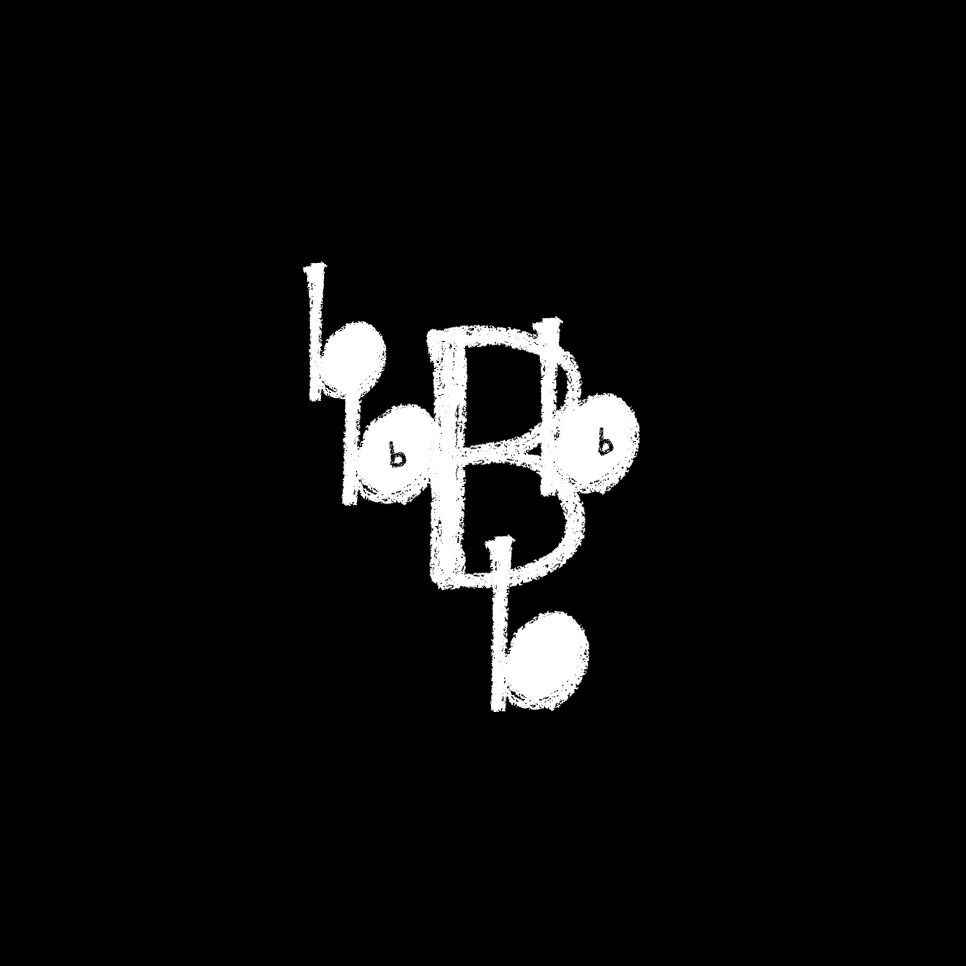
The Word was in the beginning but it is made of letters.Prompt #40—giovanni singleton

Write in NaturePrompt #39—Oogie Push
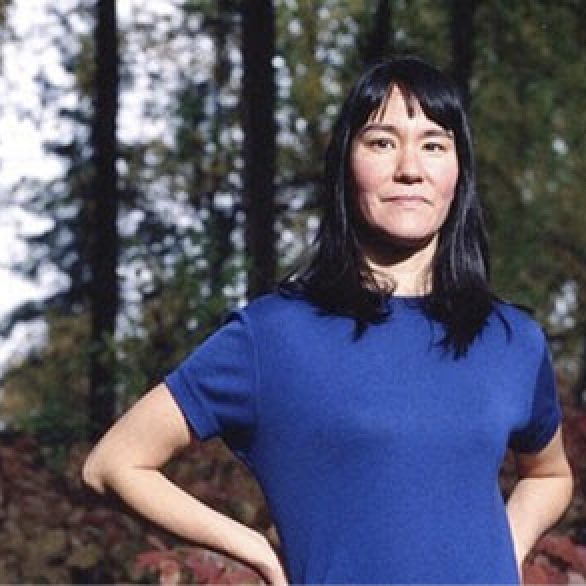
Real FoodPrompt #38—Joan Kane
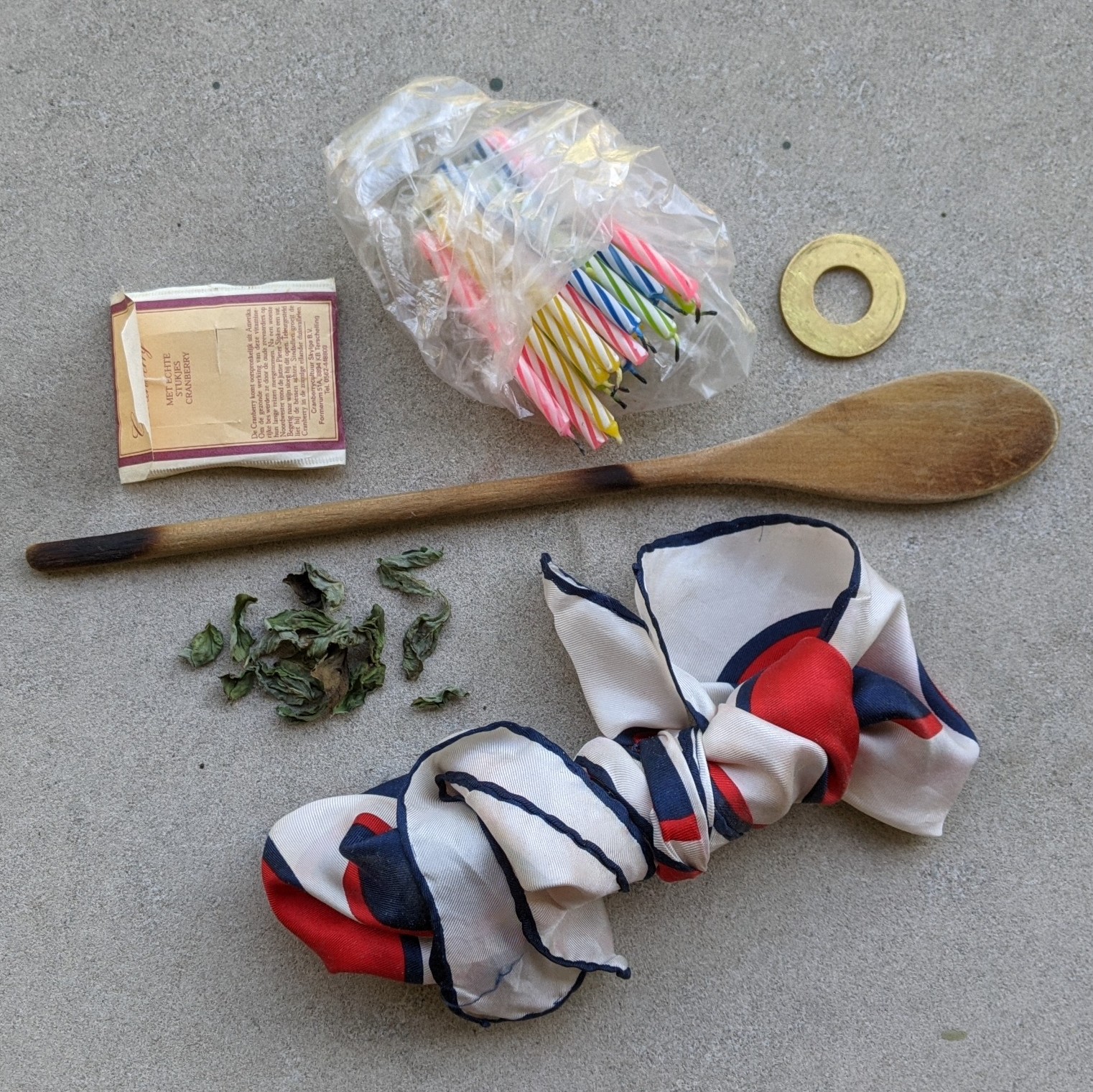
You Don't Need Proust to Smell GoodPrompt #37—Elizabeth Hoover
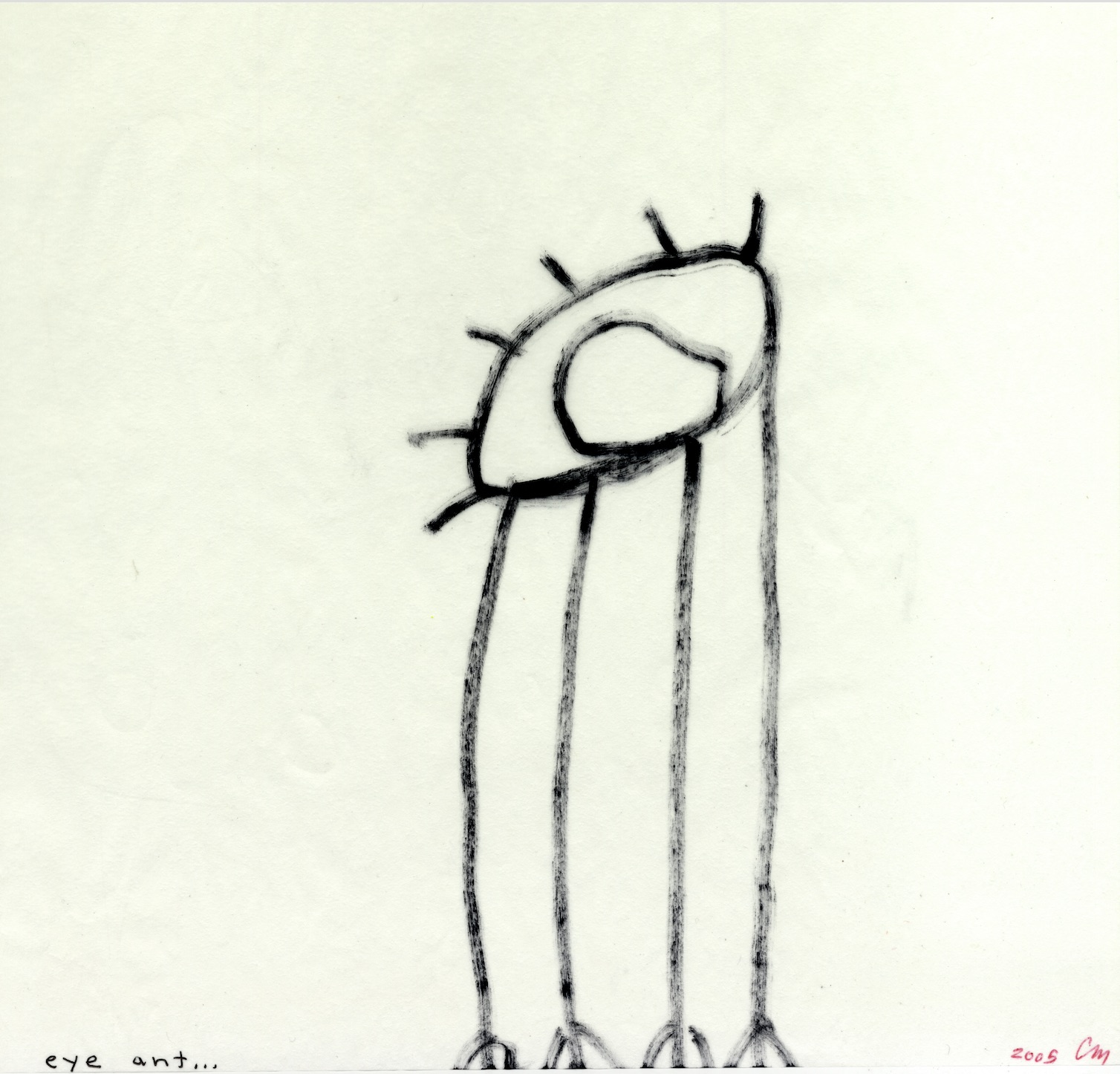
Find Your Own FormPrompt #36—Sawako Nakayasu

Tarot Recall: A Visionary Exercise for the PresentPrompt #35—Laurence Ross

Queers in Love at the End of the WorldPrompt #34—CJ Scruton
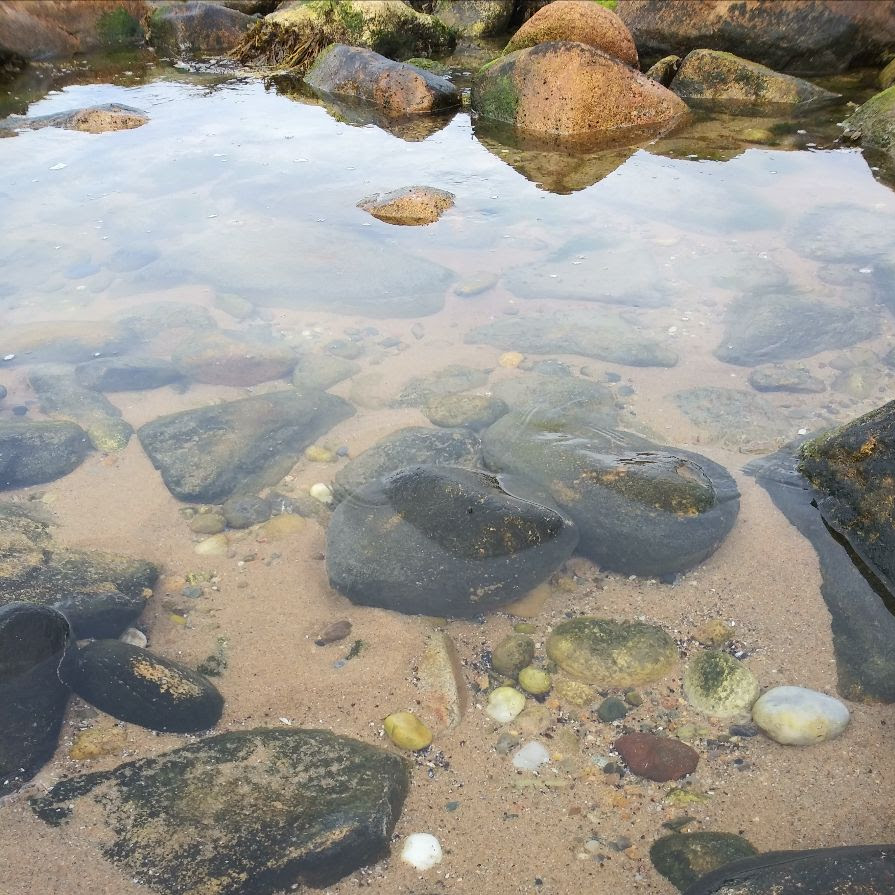
WORKBOOK FOR CHANGE: TWO PROMPTSPrompt #33—Kate Schapira
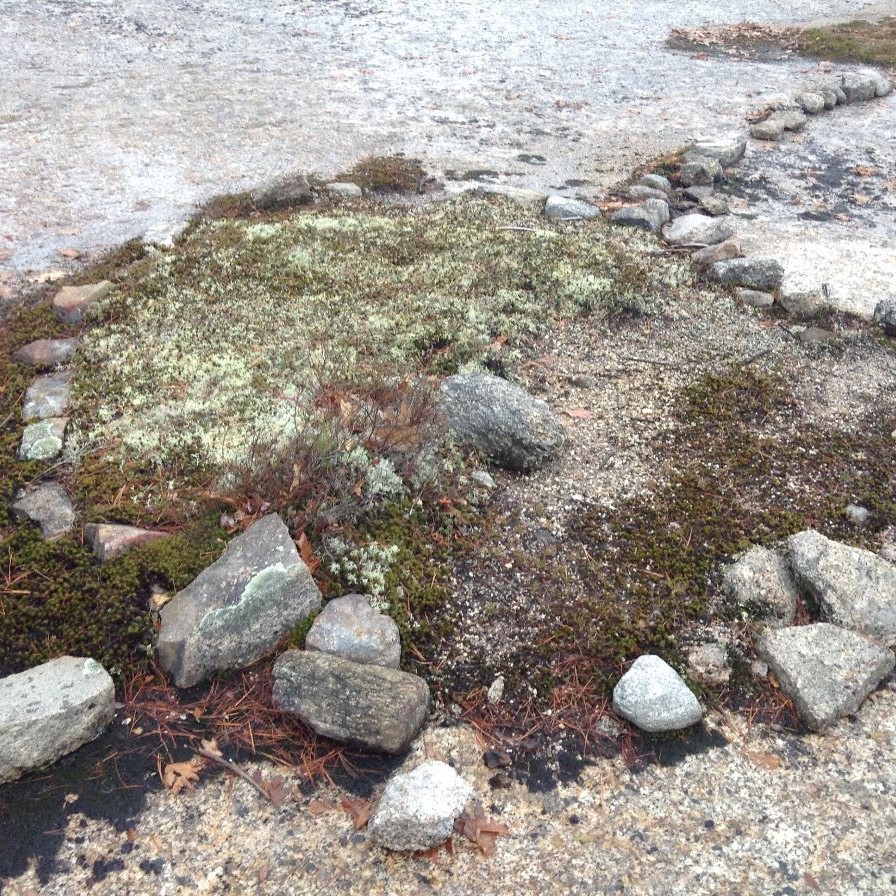
Preparation for the PromptPrompt #32—Lisa Fishman

Collage Your Own Writing PromptPrompt #31—Helen Hofling
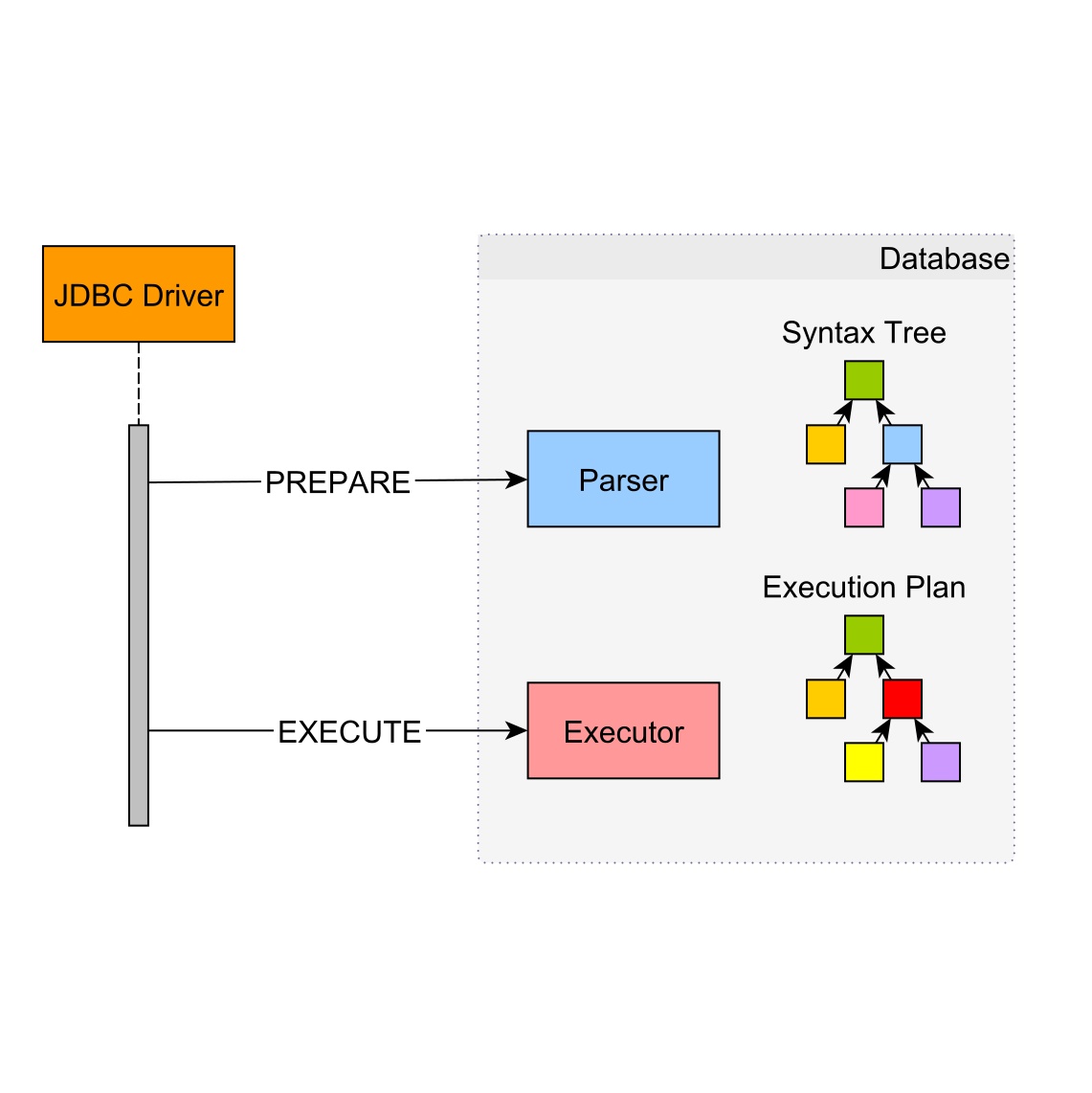
Prepared StatementPrompt #30—Mike Hauser
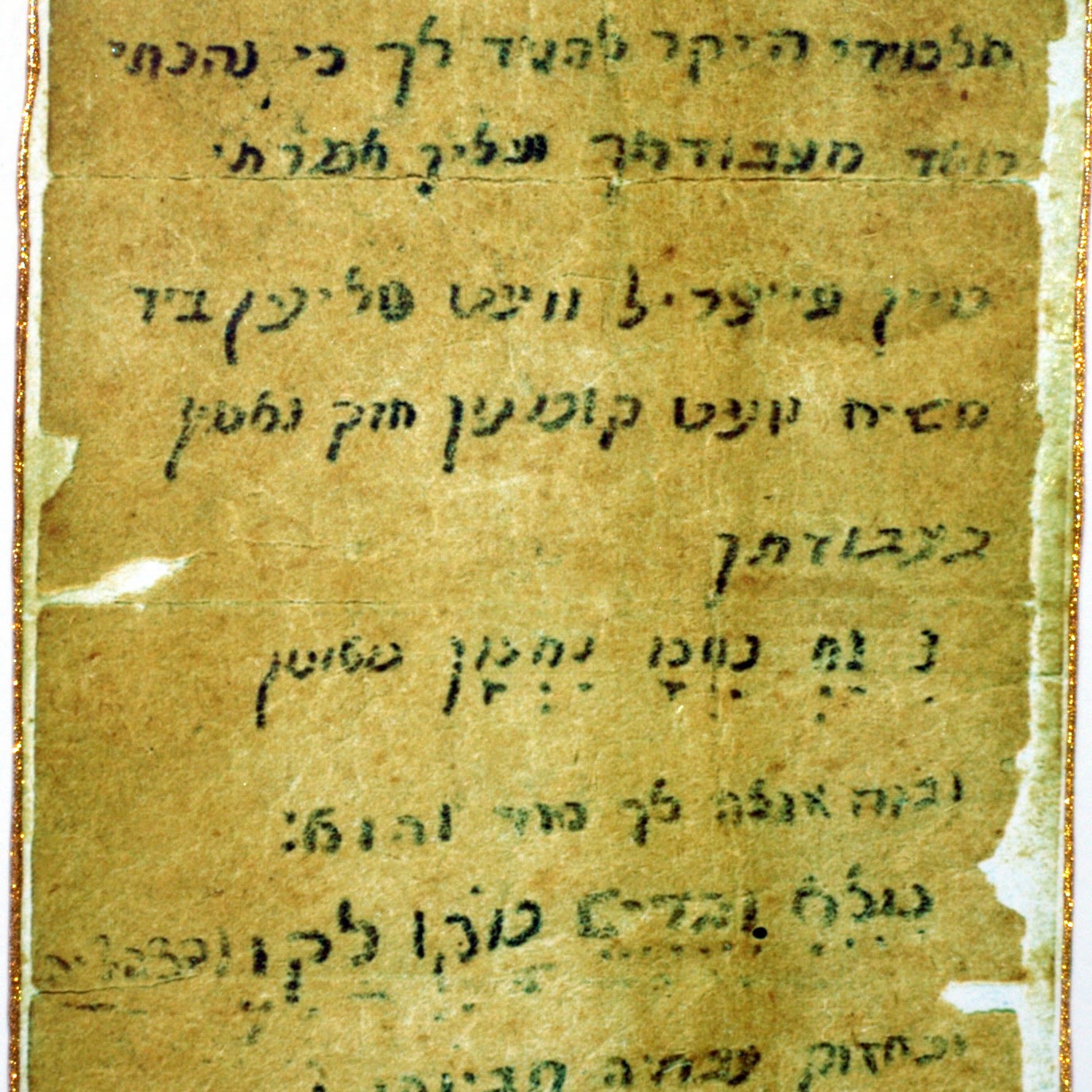
Repeat Repeat WritePrompt #29— Lewis Freedman
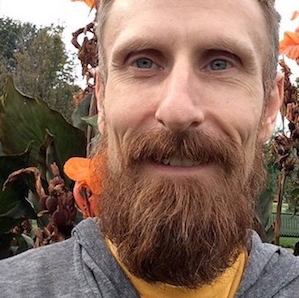
Poetic CorrespondencePrompt #28—Eric Baus

EKPHRASIS YOURSELFPrompt #27—Jennifer Nelson
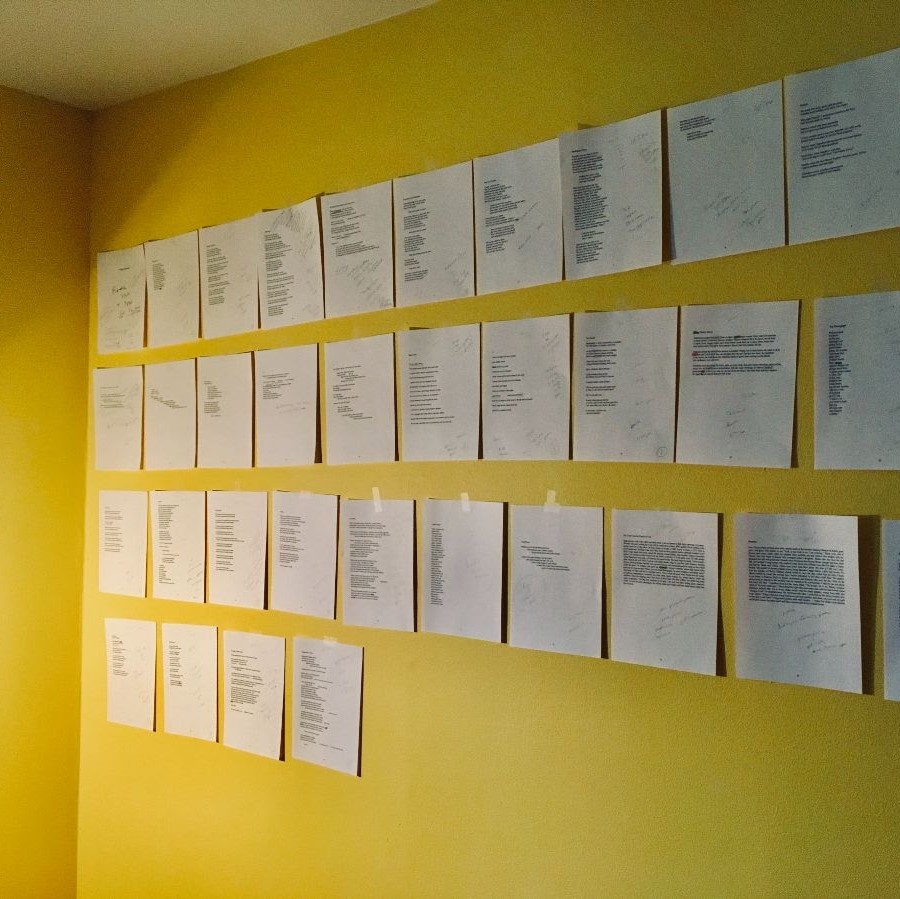
POETRY IS FOR THE PEOPLEPrompt #26—Angela Trudell Vasquez
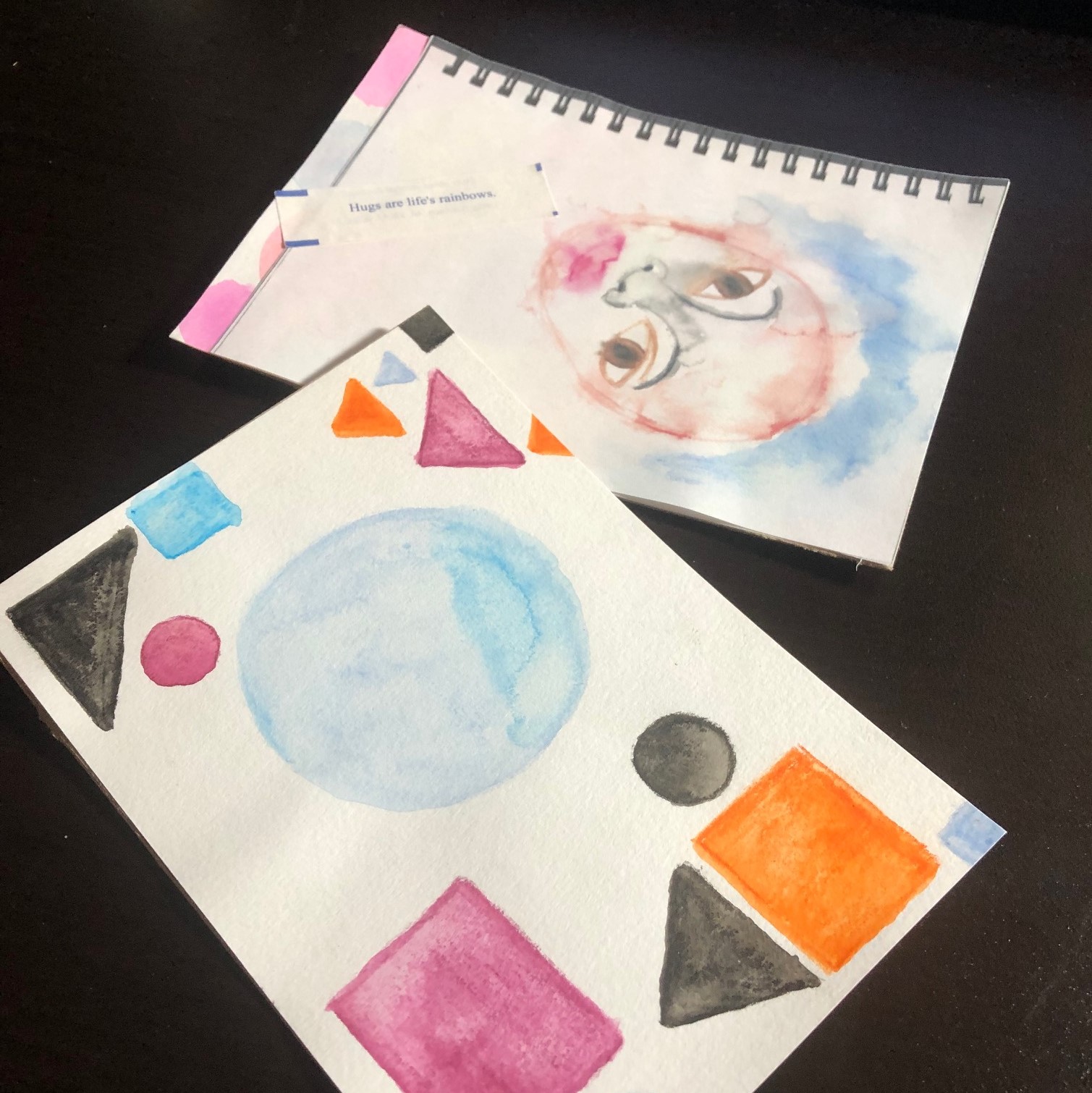
MAIL ARTPrompt #25—Siwar Masannat
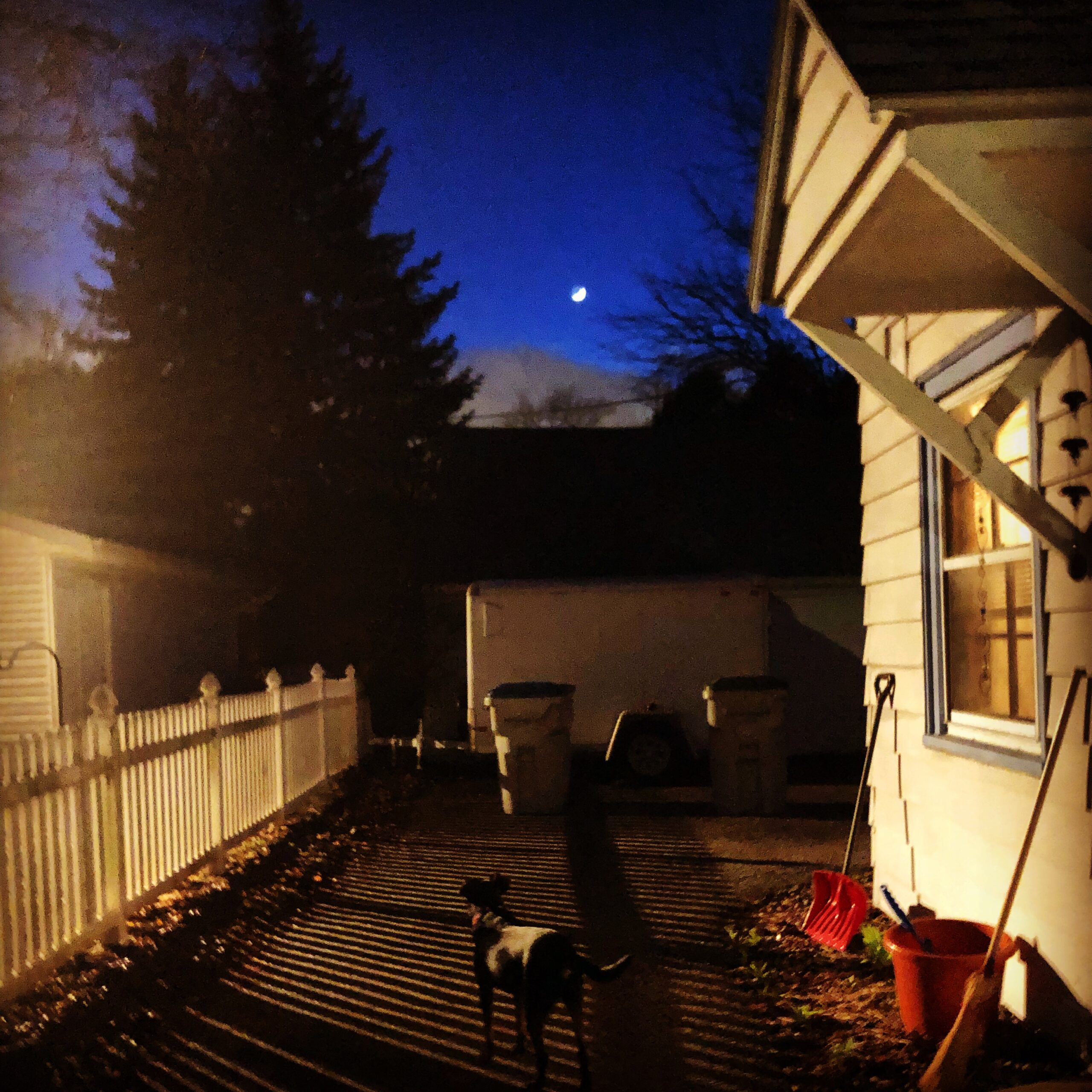
VISUAL POSTCARDSPrompt #24—Portia Cobb
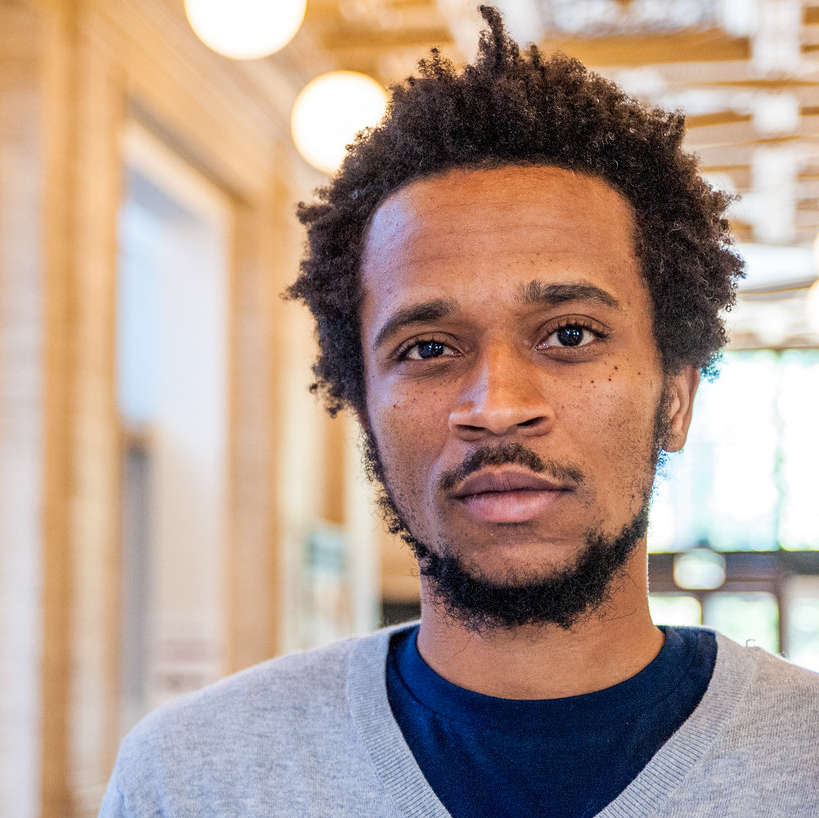
A [LONGER-TERM] DEEP LISTENING PROMPTPrompt #23—Jibade-Khalil Huffman

Humor as Medicine for the SoulPrompt #22—Mauricio Kilwein Guevara

Personification: A Social Justice PromptPrompt #21—Derrick Harriell

Ponge ExercisePrompt #20—Tyrone Williams
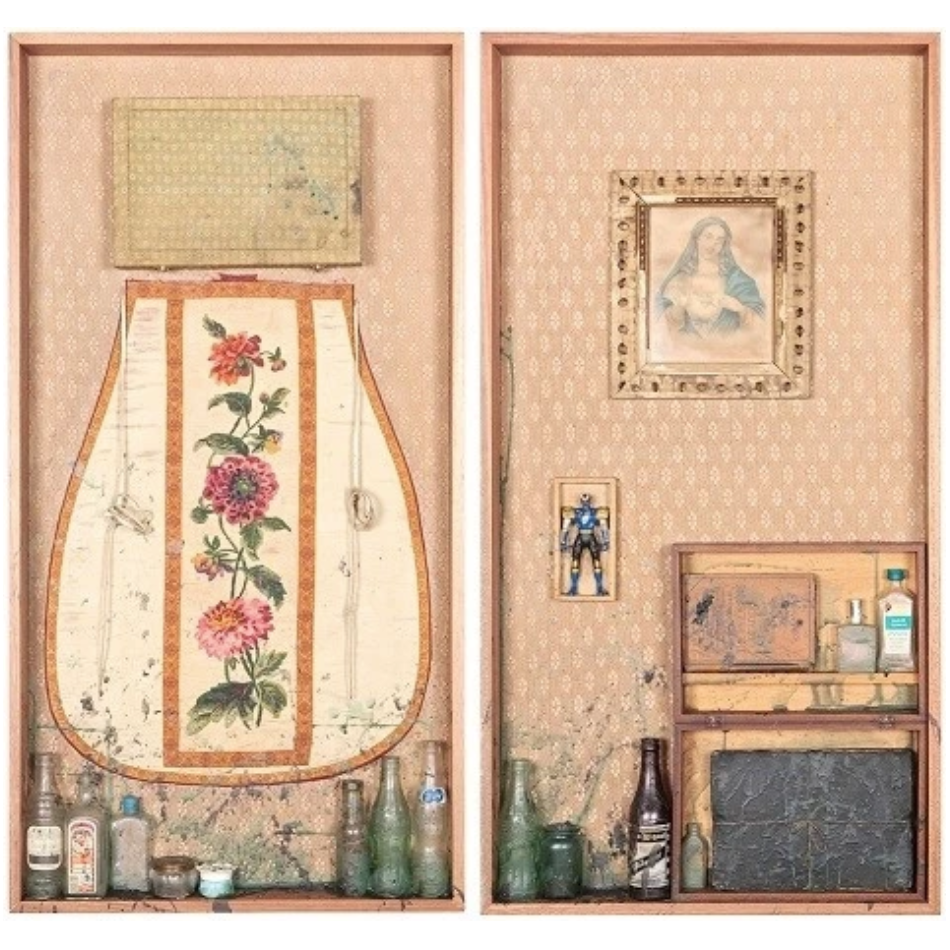
Occult DocupoesisPrompt #19—Kimberly Alidio
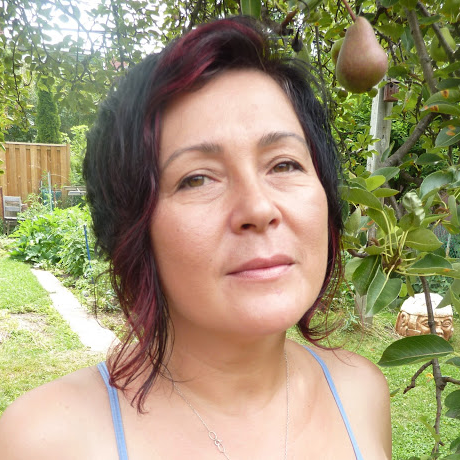
Junk Drawer SongPrompt #18—Hoa Nguyen

TALK TO THE POETSPrompt #17—Stacy Szymaszek
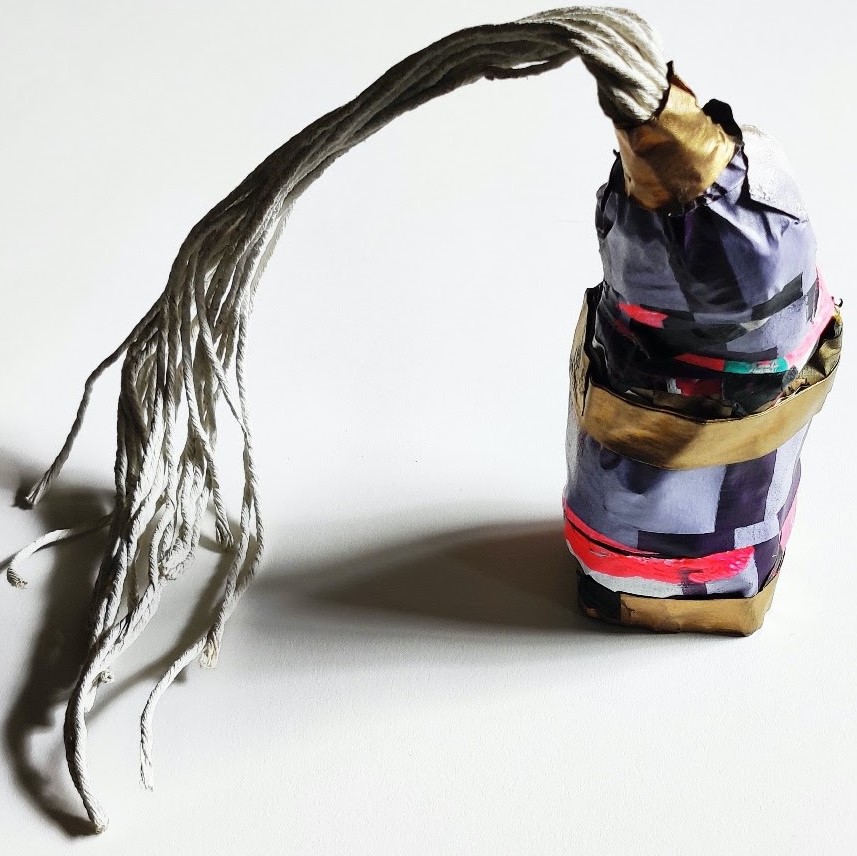
Make-Do Origin Stories & Concrete FuturesPrompt #16—Ching-In Chen
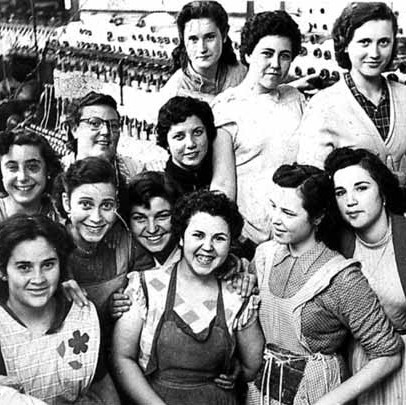
The Family PhotographPrompt #15—Rosa Alcalá
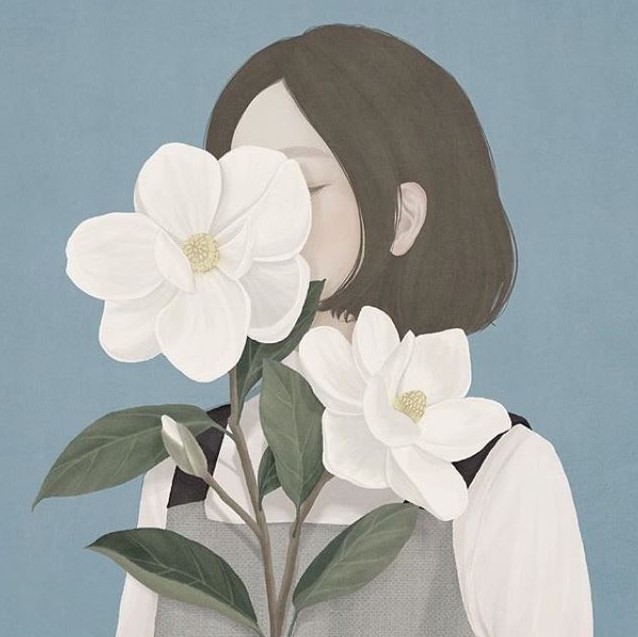
Writing Advice for Your Younger SelfPrompt #14—E.J. Koh
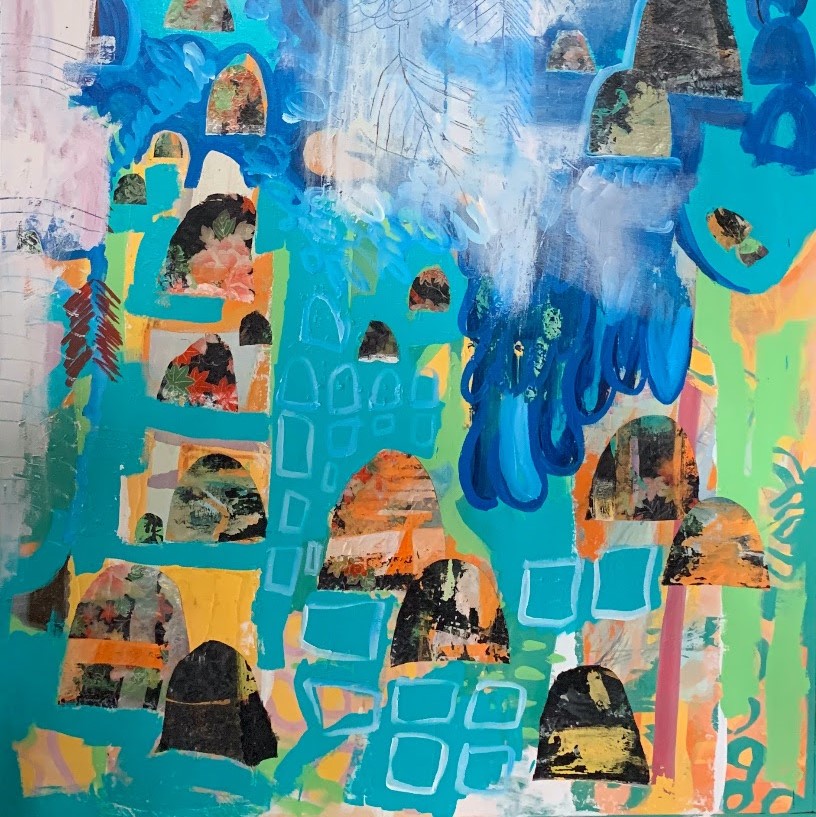
Note(s) to SelfPrompt #13—Stacy Blint
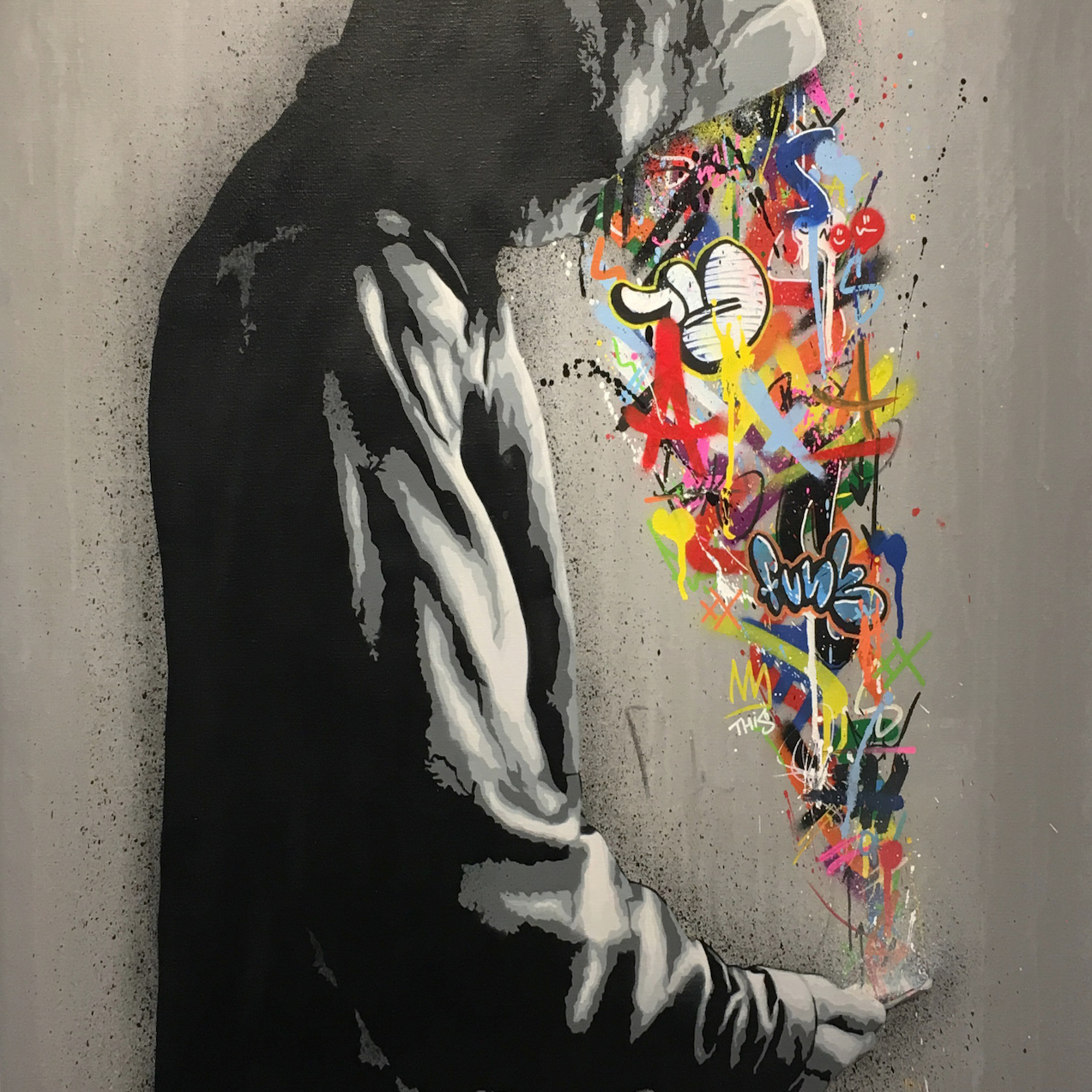
Embracing ConfusionPrompt #12—Bryon Cherry
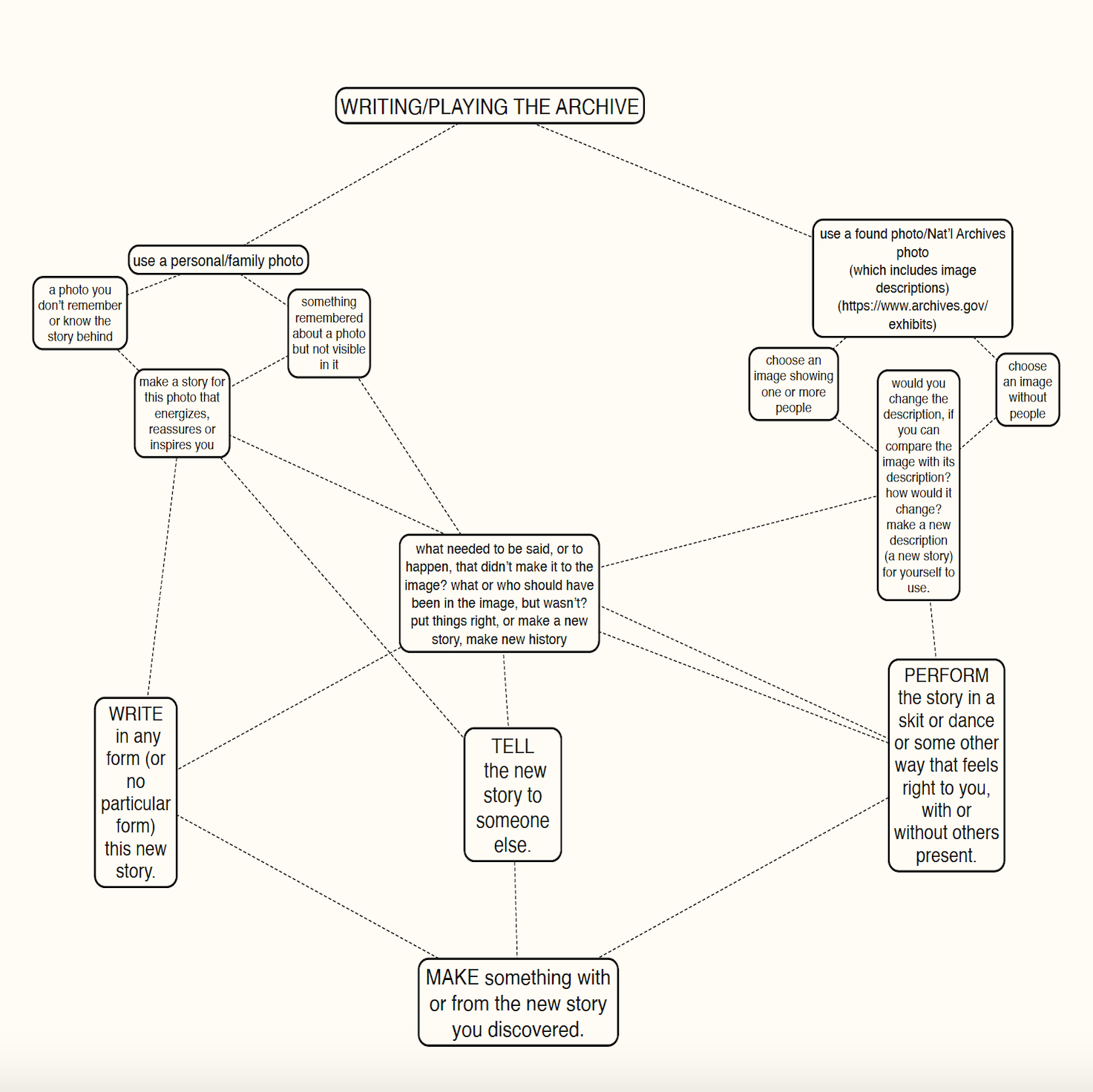
Writing/Playing the ArchivePrompt #11—Jay Besemer

CAPTURED & FREEDPrompt #10—Dasha Kelly Hamilton
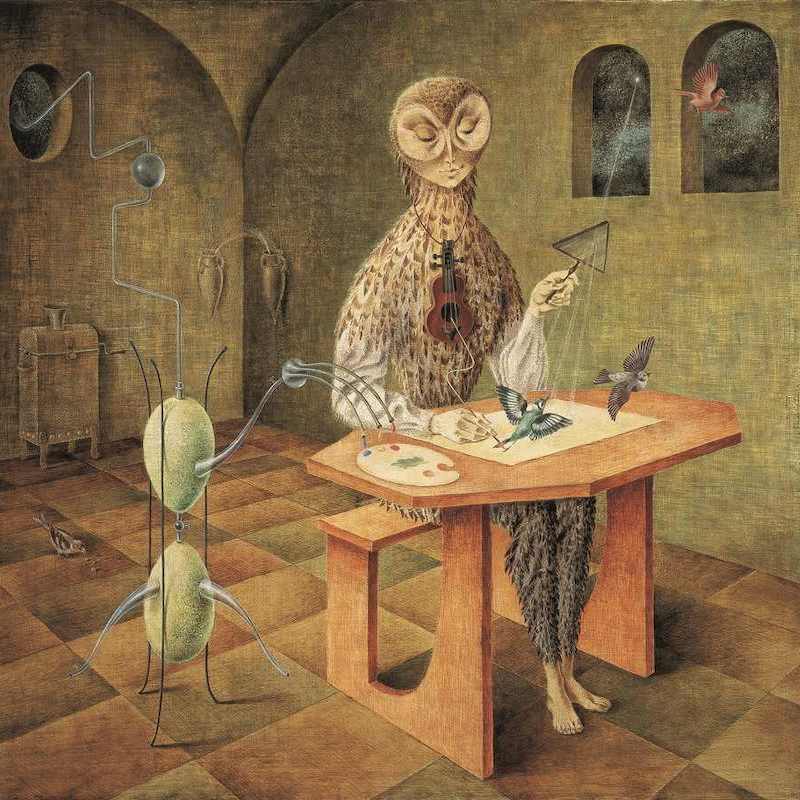
Poetic Exit StrategiesPrompt #9—Ana Božičević
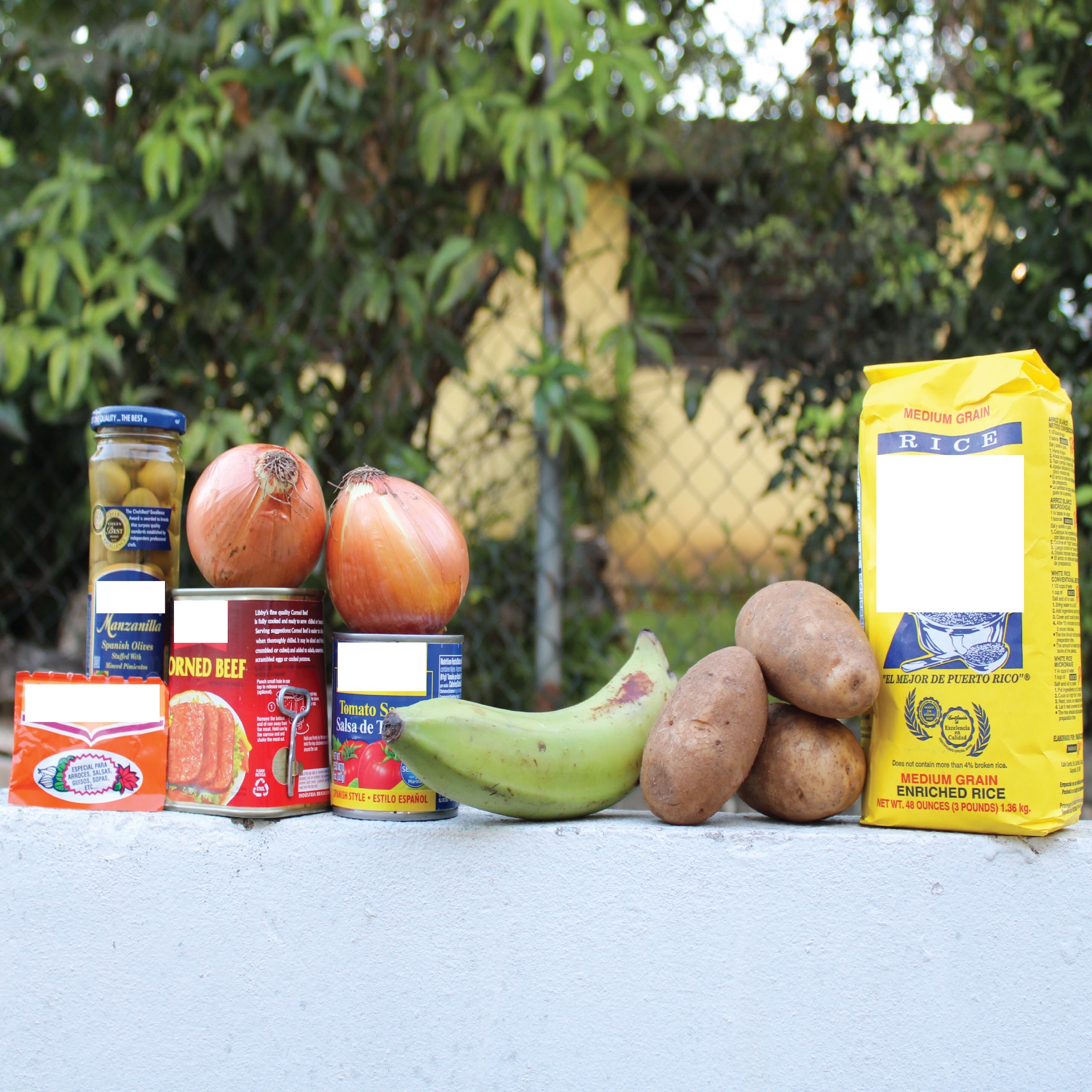
Proyecto ConbífPrompt #8—Erick "CK" Ledesma
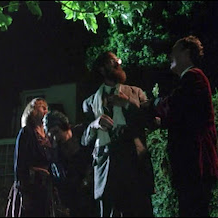
TRILOGYPrompt #6—CA Conrad

Utopian CompromisePrompt #7—Paul Druecke
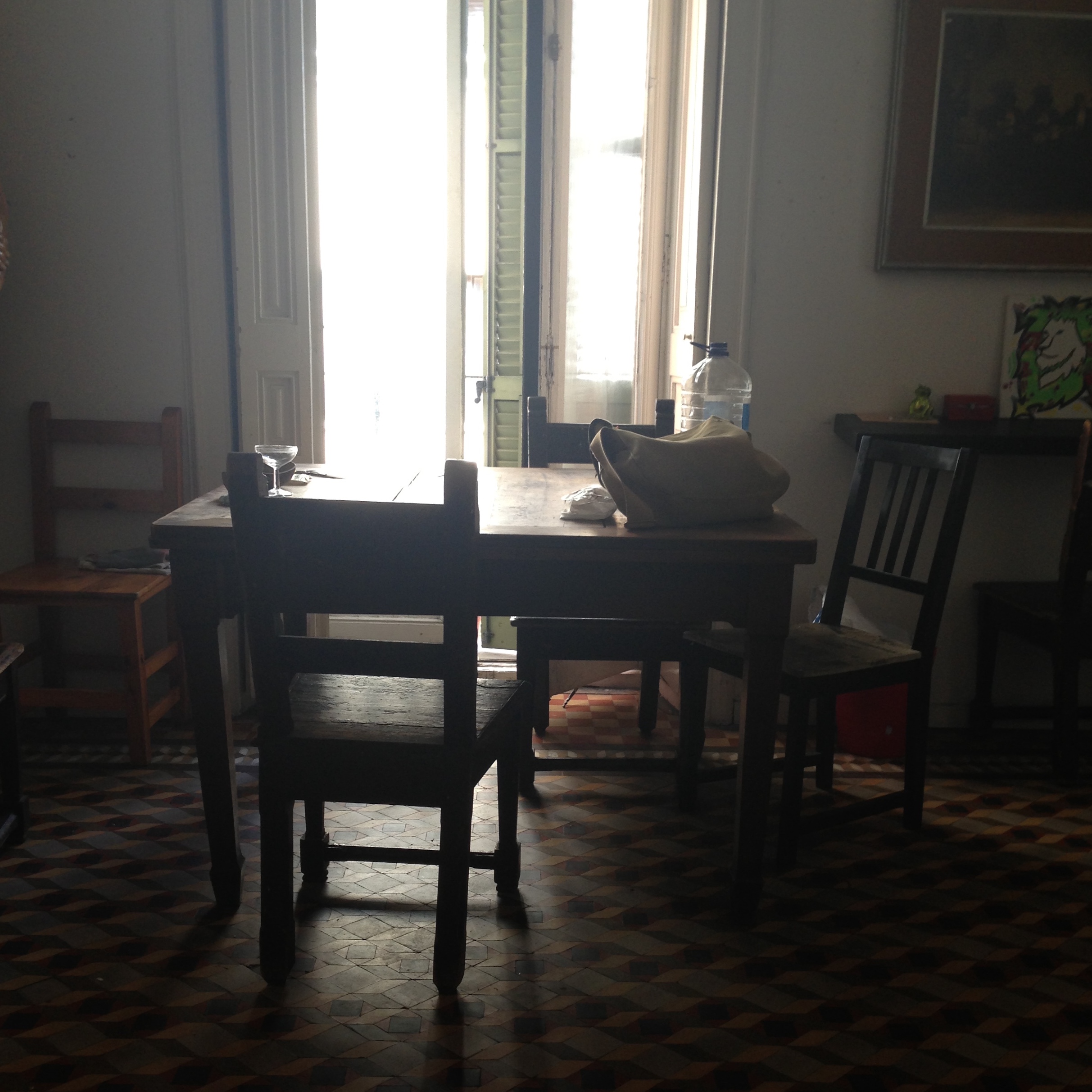
A Series of RoomsPrompt #5—Laura Solomon
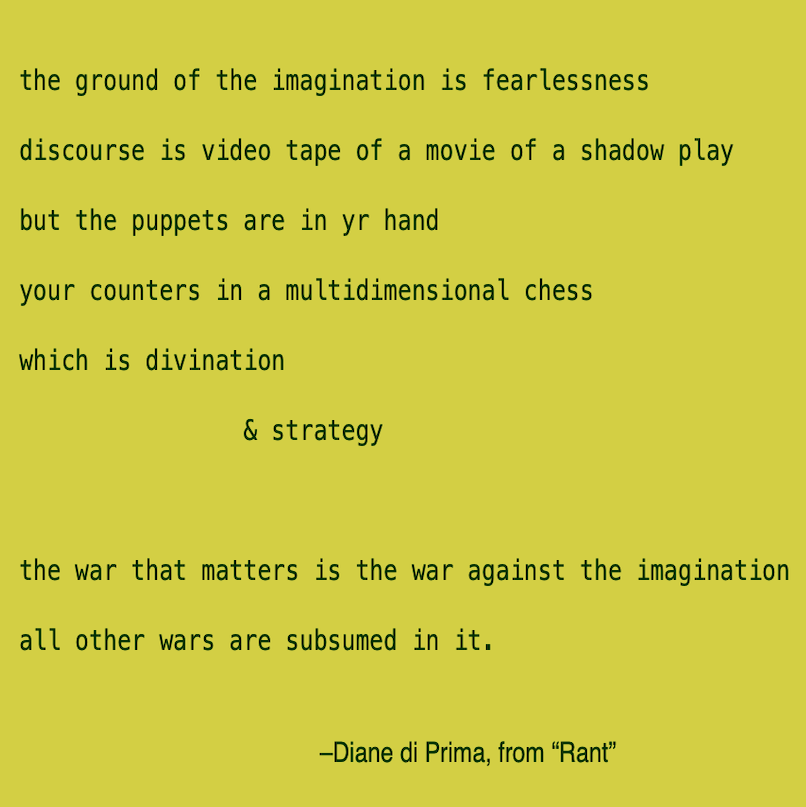
Two Variations on N+7Prompt #4—Jenny Gropp
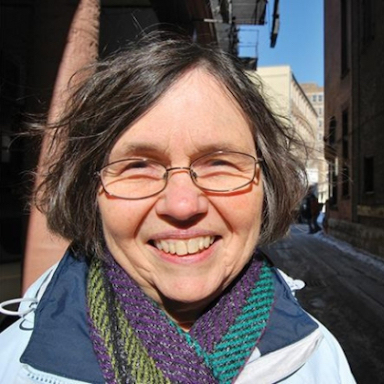
T H E A P A R T / TOGETHERPOEMPrompt #3—Margaret Rozga
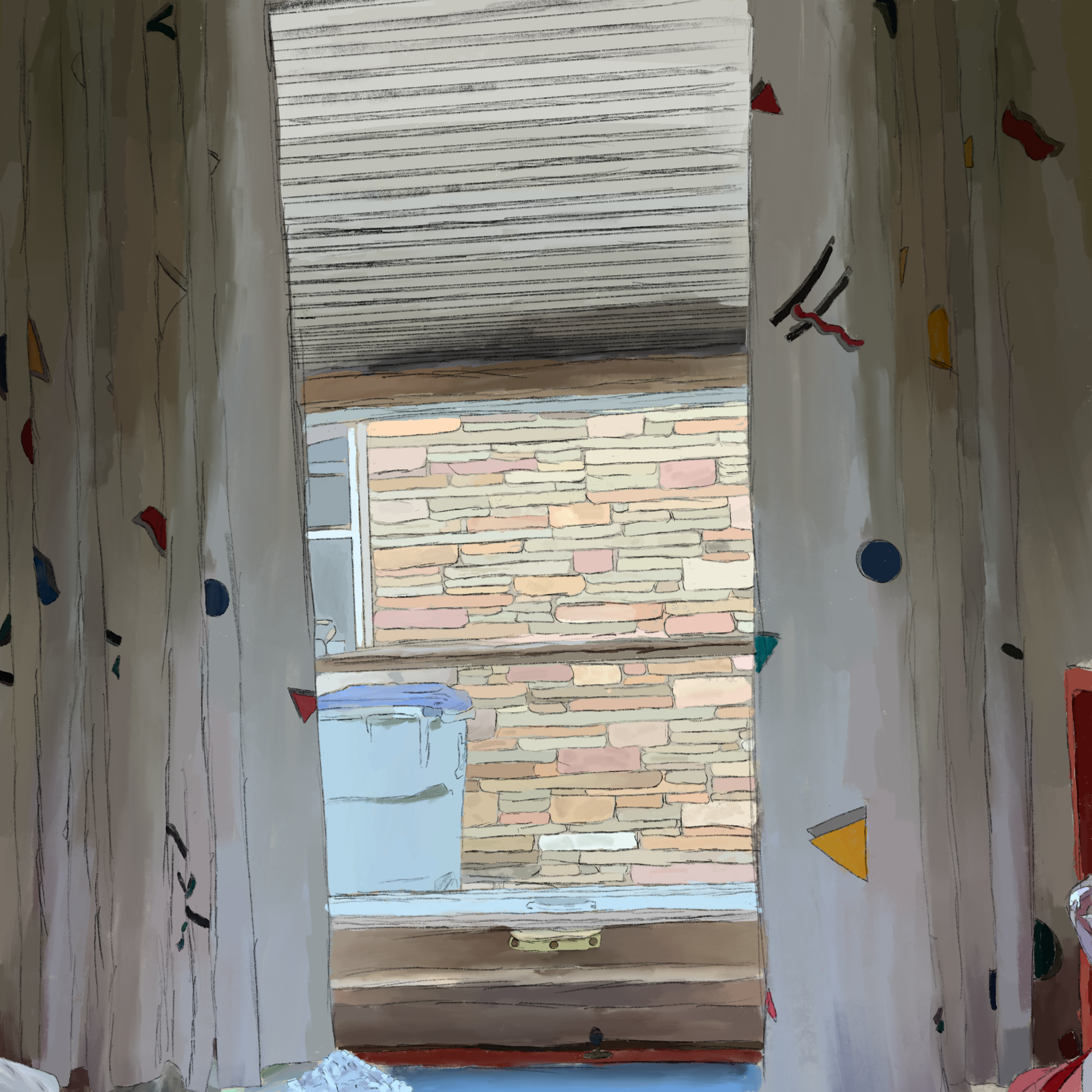
An Exercise in WindowsPrompt #2—Marla Sanvick
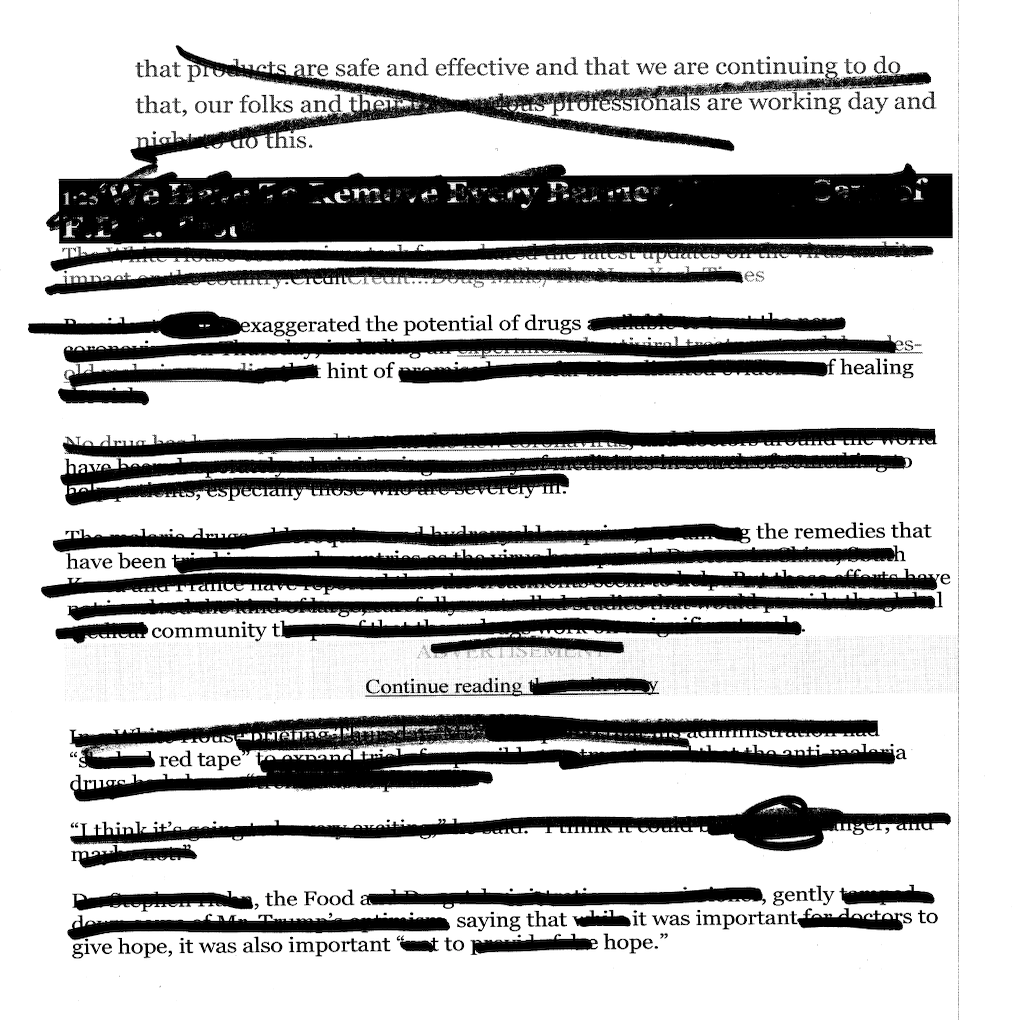
Erasuring AnxietyPrompt #1—Peter Burzynski
We acknowledge that in Milwaukee we live and work on traditional Potawatomi, Ho-Chunk, and Menominee homelands along the southwest shores of Michigami, part of North America’s largest system of freshwater lakes, where the Milwaukee, Menominee, and Kinnickinnic rivers meet and the people of Wisconsin’s sovereign Anishinaabe, Ho-Chunk, Menominee, Oneida, and Mohican nations remain present.
We further acknowledge the grave evil colonialism introduced to these lands through genocide as well as slavery, and also via racist and xenophobic beliefs, laws, and practices that continue to inflict harm upon Black, brown, and Indigenous lives. We honor those who have lived—and do live, now—at these intersections of identity and experience, and are committed to the active dismantling of white supremacy.
720 E. Locust Street
Milwaukee, WI 53212
Phone: 414 263 5001
Hours: Tues–Sun | 12-7 pm
Closed Mon
Building Accessibility: Despite the age of our physical location, and attendant limitations to access, Woodland Pattern is committed to making its programs and facilities available for as many as possible. Please call for more information.
Events Accessibility: Woodland Pattern is able to offer captioning services for its online events and with advanced notice can provide ASL interpretation for live events. Please contact us with accommodation requests and questions.
© Woodland Pattern 2025
